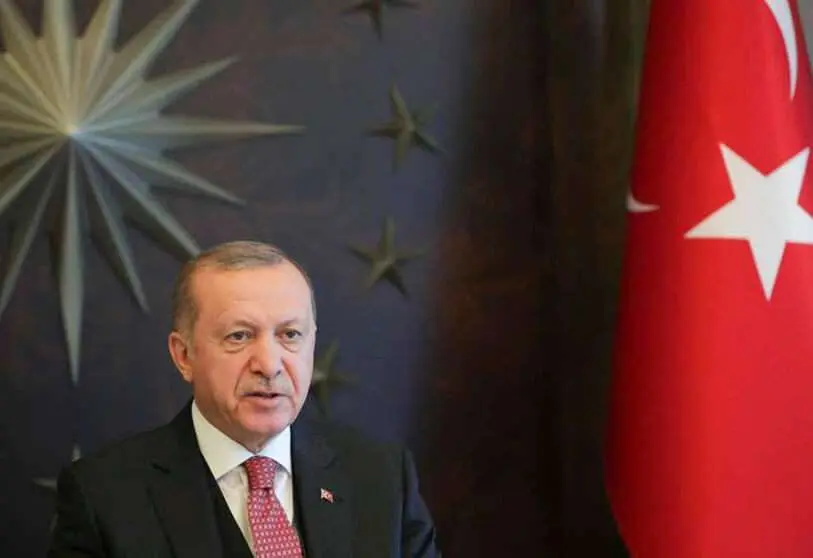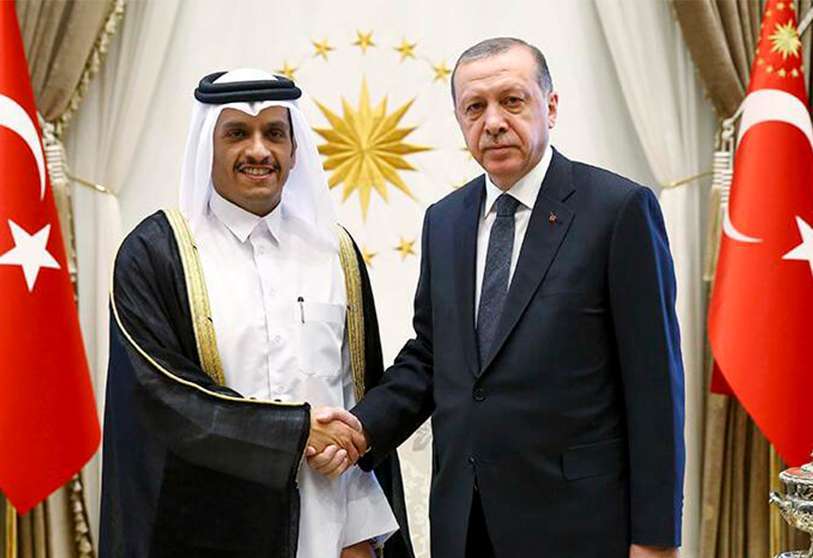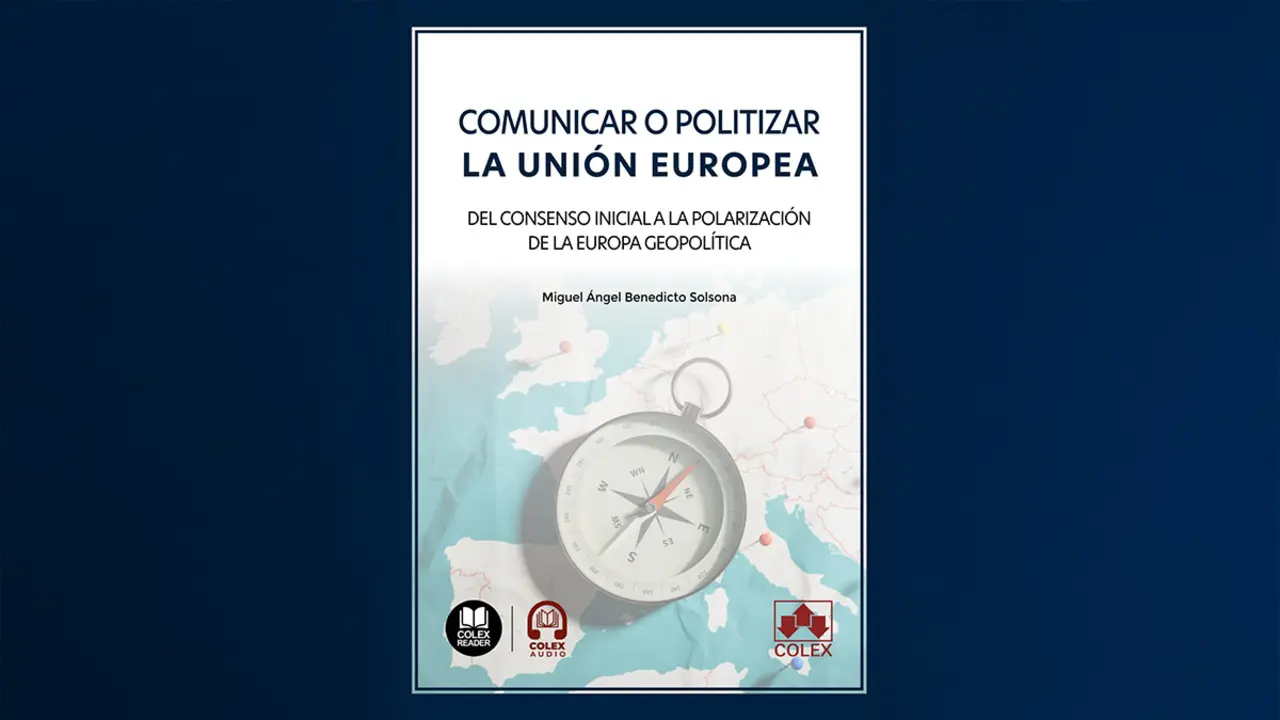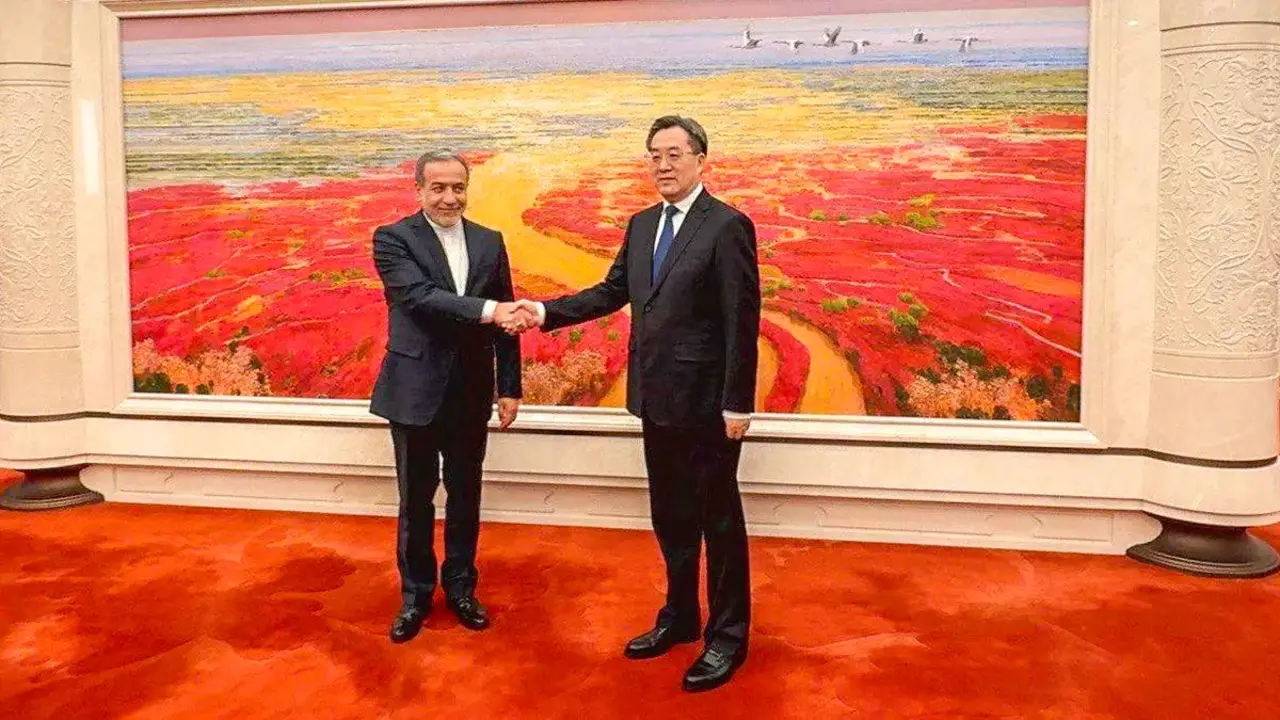Turkey and the polarization of the Middle East in times of coronavirus

The coronavirus pandemic has highlighted the deteriorating relationship between Turkey and the Gulf monarchies. This region, where some of the world's best hydrocarbon reserves are located, has been affected by several crises over the past few years. However, even in adversity, cooperation in various fields between the oil monarchies and Ankara has reached levels unknown in previous decades. The progressive approximation between Turkey and the Gulf countries completely changed the geopolitical context of the Middle East and Turkey's foreign policy towards its neighbors. However, there are crises that are difficult to overcome and even more so to forget. In recent years, polarization has become a constant in the Middle East, where Turkey is increasingly distanced from the rest of the Gulf countries, such as Saudi Arabia or the United Arab Emirates (UAE).
Saudi Arabia and the UAE have been two of Turkey's most important economic partners in recent years, an alliance that has been very productive for Ankara in terms of trade, investment and tourism. Diplomatic relations between these two countries are an unbalanced tandem between ideological and geopolitical interests on the one hand, and regional strategic cooperation on the other. This alliance began to deteriorate in 2017, after Turkey helped Qatar, following the blockade imposed by the group of countries led by Saudi Arabia, and which included UAE, Bahrain and Egypt.
The relationship worsened further in October 2018, when the Turkish government released an audio recording blaming senior Saudi officials for being involved in the murder of the journalist Jamal Khashoggi. The difficult economic situation that some of these countries are going through and the exchange of indirect threats - through the blocking of various websites by both Saudi Arabia and Turkey - has threatened diplomatic relations between Turkey and the other regional powers.
The financial reserves of some countries such as UAE, Kuwait, Qatar and Saudi Arabia will enable them to overcome the current pandemic caused by the COVID-19. However, this health crisis comes at a crucial time for Turkey, where the gap between Recep Tayyip Erdogan and the opposition is becoming increasingly evident. Ankara's management of the pandemic is similar to that of other countries in the region where economic survival was initially a priority. Even so, Turkey has claimed to be prepared to face this pandemic and has used this crisis to strengthen its relationship with some European countries by sending medical supplies.

The rivalry between the great powers of the region has been relegated to the background in times of the coronavirus. Even so, both Turkey and Saudi Arabia continue to struggle to use their influence in the region, trying to damage the reputation and interests of the other, through the constant publication of accusations or by blocking certain media. For example, Ankara has accused Abu Dhabi of supporting the 2016 coup attempt against President Erdogan, while the media in Saudi Arabia have even published articles warning of the dangers of Arab tourists travelling to Turkey, according to the Middle East Monitor.
In view of this situation, the Saudi authorities decided just a week ago to block access to the websites of the state news agency Anadolu and the Turkish broadcaster TRT's Arab channel. Turkey has responded by blocking some state websites of Saudi Arabia or the UAE, according to several local media. However, relations between the two countries have gradually deteriorated in recent years, partly because of this type of authoritarian measure which is seen as an attack against the freedom of expression.

This deterioration of relations is also present in other countries in the region, such as Libya and Syria. In the first case, Saudi Arabia and Egypt support the Libyan National Army (LNA), led by Marshal Khalifa Haftar, while Turkey supports the Tripoli-based National Accord Government (NAG), which is internationally recognized by the UN. Something similar happens in Syria, where Saudi Arabia is an ally of the militias that Ankara considers a threat to its national security.
In the middle of this crisis, Syrian President Bachar al-Asad and the Crown Prince of Abu Dhabi, Mohammed bin Zayed Al-Nahyan, have held a telephone meeting to try to reduce the impact of this pandemic in the region. This approach has been historic as, according to some local media, it is the first time that such communication has taken place since the beginning of the Syrian war in 2011. "I have discussed updates on the coronavirus with the Syrian president. I assured him the support of the United Arab Emirates and their desire to help the Syrian people," the prince said via the social network Twitter. "Humanitarian solidarity in difficult times transcends all issues, and Syria and its people will not be alone," he added.
However, Turkey fears that this sending of humanitarian aid to Syria with the apparent aim of helping the country's civilian population will have a more strategic background. A researcher from the Centre for Research and Globalization believes that "the UAE's change in its policy towards Syria serves two purposes: firstly - to strengthen relations with Russia, secondly - to form an anti-Turkish bloc".
As Turkey's president pursues his ambitions in the region and in the eastern Mediterranean, the UAE and other Persian Gulf countries are trying to counteract Turkish influence and have strengthened their ties with Saudi Arabia and Egypt. The crisis caused by the COVID-19 pandemic has changed the international order as we have known it up to now, and an example of this is the metamorphosis that alliances in the Middle East region are suffering.








